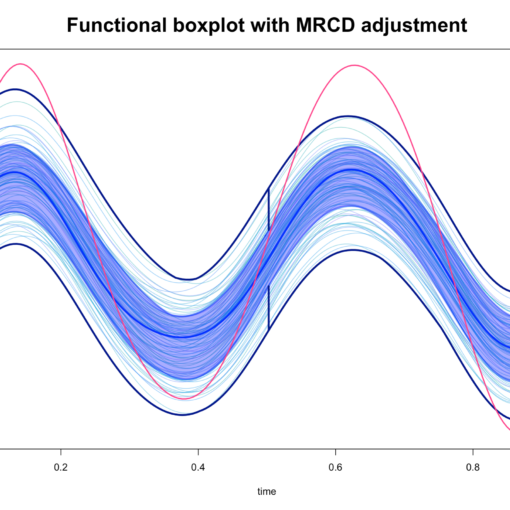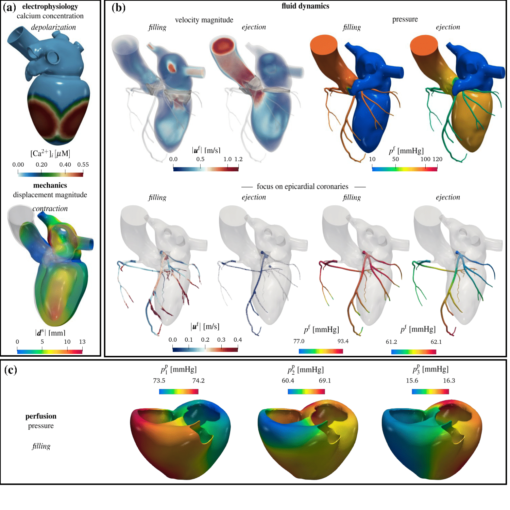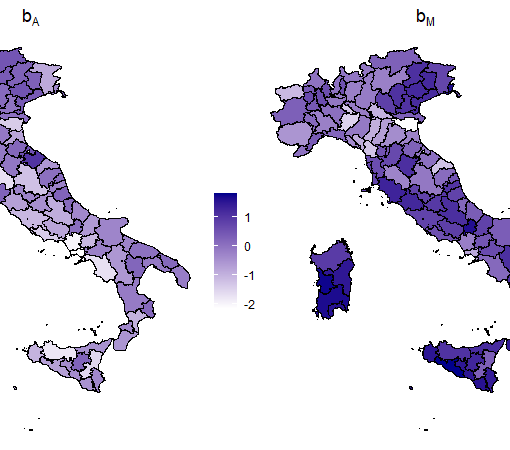A new MOX report entitled “Adherence to disease-modifying therapy in patients hospitalized for HF: findings from a community-based study” by Spreafico, M.; Gasperoni, F.; Barbati, G.; Ieva, F.; Scagnetto, A.; Zanier, L.; Iorio, A.; Sinagra, G.; Di Lenarda, A. has appeared in the MOX Report Collection.
The report can be donwloaded at the following link:
https://www.mate.polimi.it/biblioteca/add/qmox/73/2022.pdf
Abstract: Background. Previous studies of polypharmacy (PP) for Heart Failure (HF) patients were based on surveys of highly selected populations and methods for estimating adherence in PP have widely varied. Moreover, adherence has been evaluated only in terms of physician’s prescriptions.
Aim. Describe pharmacological guidelines compliance in a real-world HF cohort based on effective patient’s drugs purchases and estimate the impact of PP adherence on survival.
Methods and Results. Between 2009 and 2015, patients hospitalized with a HF diagnosis and with at least one purchase post-discharge of angiotensin-converting enzyme inhibitors, ACE, or angiotensin receptor blockers, ARB, or beta-blocking, BB, or anti-aldosterone agents, AA, were recruited from an administrative database. Adherence was evaluated using two measures (Proportion of Days Covered, PDC, Medical Possession Ratio, MPR). A new measure of PP adherence was introduced, the Patient Adherence Indicator (PAI). A Cox model was estimated to quantify impact of PAI on survival. The most common drug combination was ACE/ARB and BB (58.1%) and the less frequent was ARB and AA (11.5%). Triplet ACE/ARB, BB and AA was purchased at least once by 27.3% of patients. Mean daily dosages were inferior to the target dosages for all drugs. From 41% to 58% of patients showed a poor poly-adherence measured by the PAI index.
Conclusions. Patients assume daily doses lower than the target dosages. PDC and MPR showed differences related to the specific drugs classes but were not prognostically different when combined into the PAI index. Adjusting for patient’s characteristics and intermediate events, PP non-adherence was significantly associated with lower survival.




